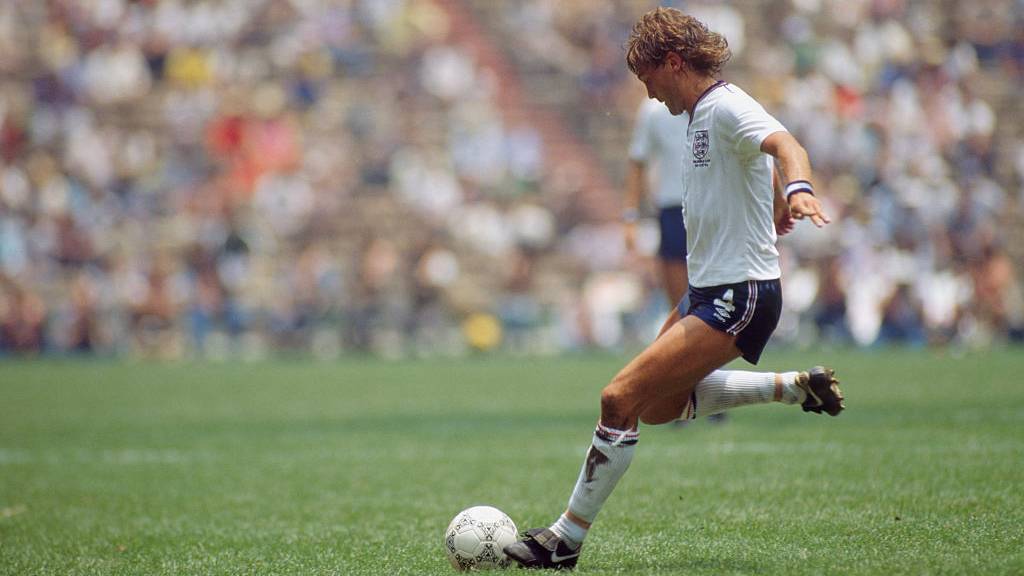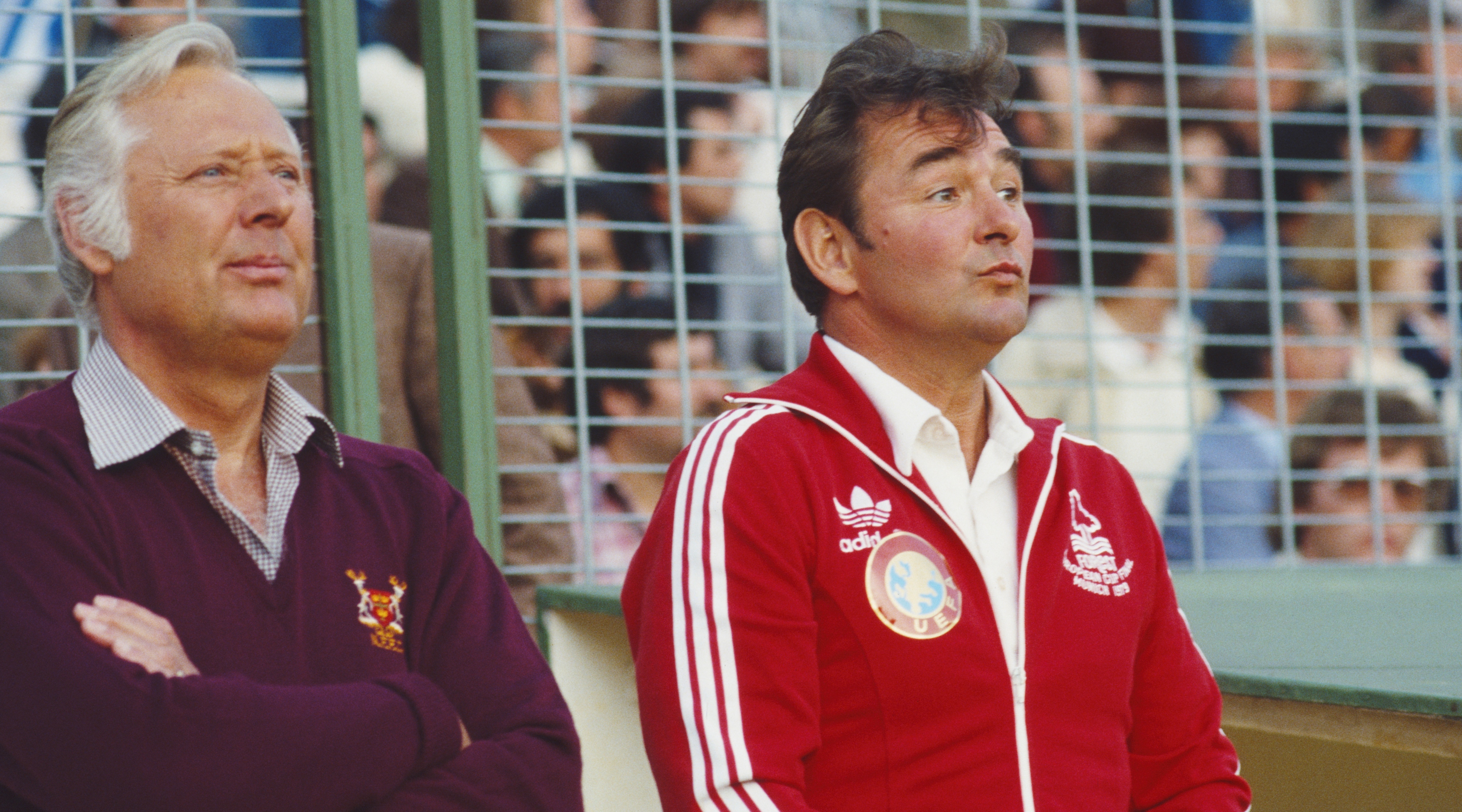
Ask any fan, former team-mate or manager who witnessed Glenn Hoddle in his prime, and they’ll tell you the same thing: the man was a genius.
Across spells with Tottenham Hotspur, Monaco, Swindon and Chelsea, Hoddle forged a reputation as a playmaker of rare vision, close control, balance and jaw-dropping elegance. While many of his peers around the world saw him as England’s best player throughout the 1980s, Three Lions rarely saw the best of him. Indeed, his tally of 53 caps seems paltry for a player of his brilliance. So what was the issue?
“I can answer that pretty easily, actually,” Hoddle tells FourFourTwo on behalf of Blood Pressure United’s campaign to tackle hypertension, following the deaths of two fans and 26 medical emergencies in football crowds in just over two years. “If Brian Clough had become England manager, I'd have had a completely different scenario as an international footballer. And I know that for a fact. He’d have played me in the right position and played a balanced team. I used to look at teams like Holland and France – we were so rigid by comparison.
“It was actually to our detriment that we won the World Cup in 1966 playing a 4-4-2 system. We felt we’d stumbled across the ideal game plan and we were still playing it in the 1970s and ‘80s, when I broke through. The ball was launched up towards two strikers and the wingers to chase and that was never going to get the best out of the creative, technical players."

Clough was repeatedly tipped to land the England job – a role he famously coveted – only to be overlooked by the likes of Don Revie, Ron Greenwood and Sir Bobby Robson. Hoddle believes he would have thrived under Clough, whose various club teams were known for playing an easy-on-the-eye, possession-based style.
“I’d have still had to work hard in a Clough team,” adds Hoddle. “It’s a fallacy when people say that all creative players don’t put the work in. The difference is that Cloughie would have had a balanced team. He’d have had the right people – like he did in his club sides. In his European Cup-winning Nottingham Forest team, he’d have had certain players that he wanted to get on the ball as much as possible. And, to balance that out, he’d have had more defensive-minded players and others whose job it was to get the more creative players on the ball.
“We just didn’t have that structure with England. We were just told we’d be playing 4-4-2 every time, and those who were playing well for their clubs were dropped into that formation however worked best. For every team overseas, clubs and countries, the No.10 was the most important player on the pitch. That was never the case with England – we didn’t even have a no.10 position.”
While Hoddle was deified by Spurs fans during his 12 years in north London, it wasn’t until he left the country for Ligue 1 in 1987 that his mesmerising talents were truly valued by a coach.
“When I went to Monaco, Arsene Wenger made it very clear: I was his No.10, his most important player and the team needed to get me on the ball,” recalls Hoddle. “I might have been man-marked, but he told me it was up to me to lose my marker and make things happen.
“At the end of the day, it was a totally different philosophy with England. The ball spent too long in the air. Goalies hoofed it up to two centre-forwards. We didn’t play the technical way. Creative players felt as if they were swimming against a strong tide. But I stuck to my guns and tried to play my way. I'm proud of the 53 caps that I got but I think, under Cloughie, it would probably have been a lot more.”

Hoddle collapsed during a live television broadcast on his 61st birthday in October 2018, with his heart stopping for more than 60 seconds before he was saved. Now, he’s fronting a Well Pharmacy campaign to encourage people to get their blood pressure checked regularly, so as to avoid incidents like the one he suffered.
“Having your blood pressure checked is the signal that if everything's okay then that's reassuring, mentally, for everyone,” he explains. “But if it’s high or low, then that's a little signal that tells you, ‘Okay, there's something wrong internally and I need to get that fixed’. Because things go on internally in our bodies that can have dramatic consequences – I was a big example of that.
“What happened to me with my cardiac arrest, might have been avoided if my blood pressure had been checked in the months and weeks leading up to it. It might have been avoided. I was very close to death and now I’m campaigning to get more people taking those precautions.
“Remember, I thought I had been a fit and healthy sportsman all my life, and it happened to me. That just shows that it can happen to anyone and this campaign is all about helping others avoid what I went through. So if I can convince even one person to check their blood pressure through this campaign, either at home with a machine or at your local GP, it will have been worth it. At the end of the day, those checks save lives.”
More England stories
How long will Jude Bellingham be out? Real Madrid give injury update on England midfielder
Jude Bellingham matches David Beckham stat at Real Madrid – in half a season in Spain







